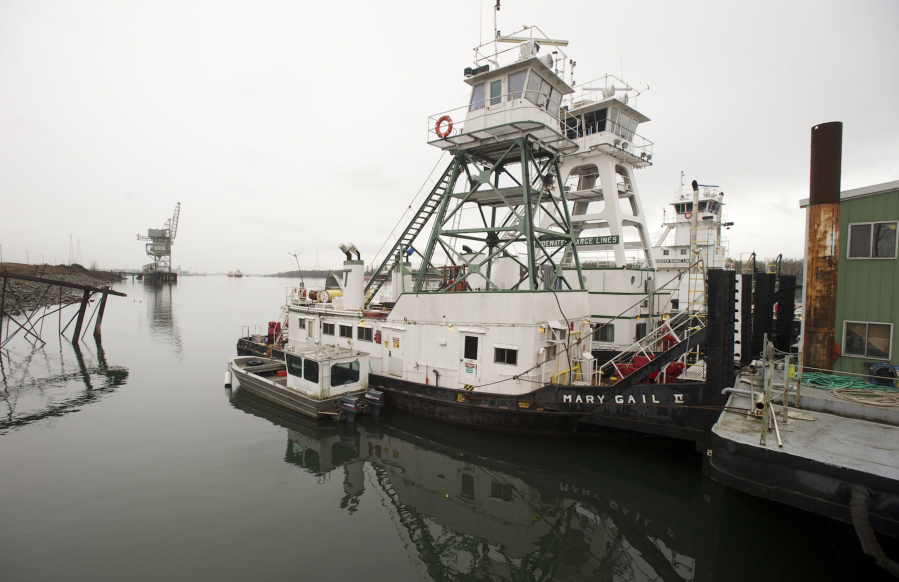ASTORIA, Ore. (AP) — Tethered tug escorts could provide added protection for oil tankers on the Columbia River if tanker traffic increases due to new marine terminals, a study commissioned by the Washington Legislature found.
The study released last month by the Department of Ecology said five proposed bulk terminals could create up to 1,379 additional one-way trips, mostly by tankers, The Daily Astorian reported Thursday.
The likelihood of a major oil spill on the Columbia River is low, but the consequences would be high for both Washington and Oregon. Based on 2006 figures, a large spill could cost Washington state $10.8 billion and more than 165,000 jobs.
Each year, about 180 tank vessels transit the Columbia River to deliver more than a billion gallons of gasoline, jet fuel and other refined petroleum products. There are currently no shipments of crude oil on the Columbia River by tank vessels.
The study said the ecology department will work with a harbor safety committee to develop standards for loaded oil tankers that could be put in place when a new facility is built and increases tanker traffic.
“We wouldn’t wait until those tankers actually showed up on the river,” Brian Kirk, of the ecology department, told the newspaper. “We think that starting work on that guideline sooner rather than later will help people understand how to best escort tankers on the Columbia River.”
Existing collaborative marine safety programs represent the best opportunity to prevent cargo oil spills on the Columbia River and Bar, the report found.
“The big things coming out of the study that there was a lot more safety collaboration than Ecology and legislators were aware of,” said Dan Jordan, a Columbia River Bar pilot who helps guide ships and assisted the study.
Most of the five proposed terminal projects are in Washington, including a massive oil-by-rail terminal at the Port of Vancouver that could receive up to 360,000 barrels of oil and send out one ship per day to West Coast refineries.
A state panel last month recommended that Gov. Jay Inslee, a Democrat, reject the permit. The governor will have 60 days after the panel sends him their final report this month to make his decision.
A methanol refinery has also been promoted for Port Westward near Clatskanie.



